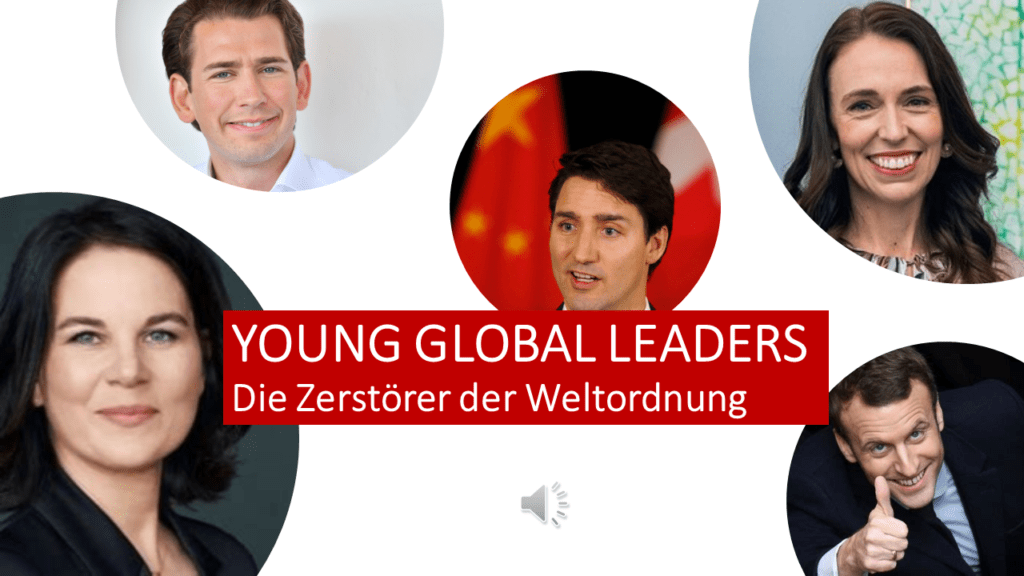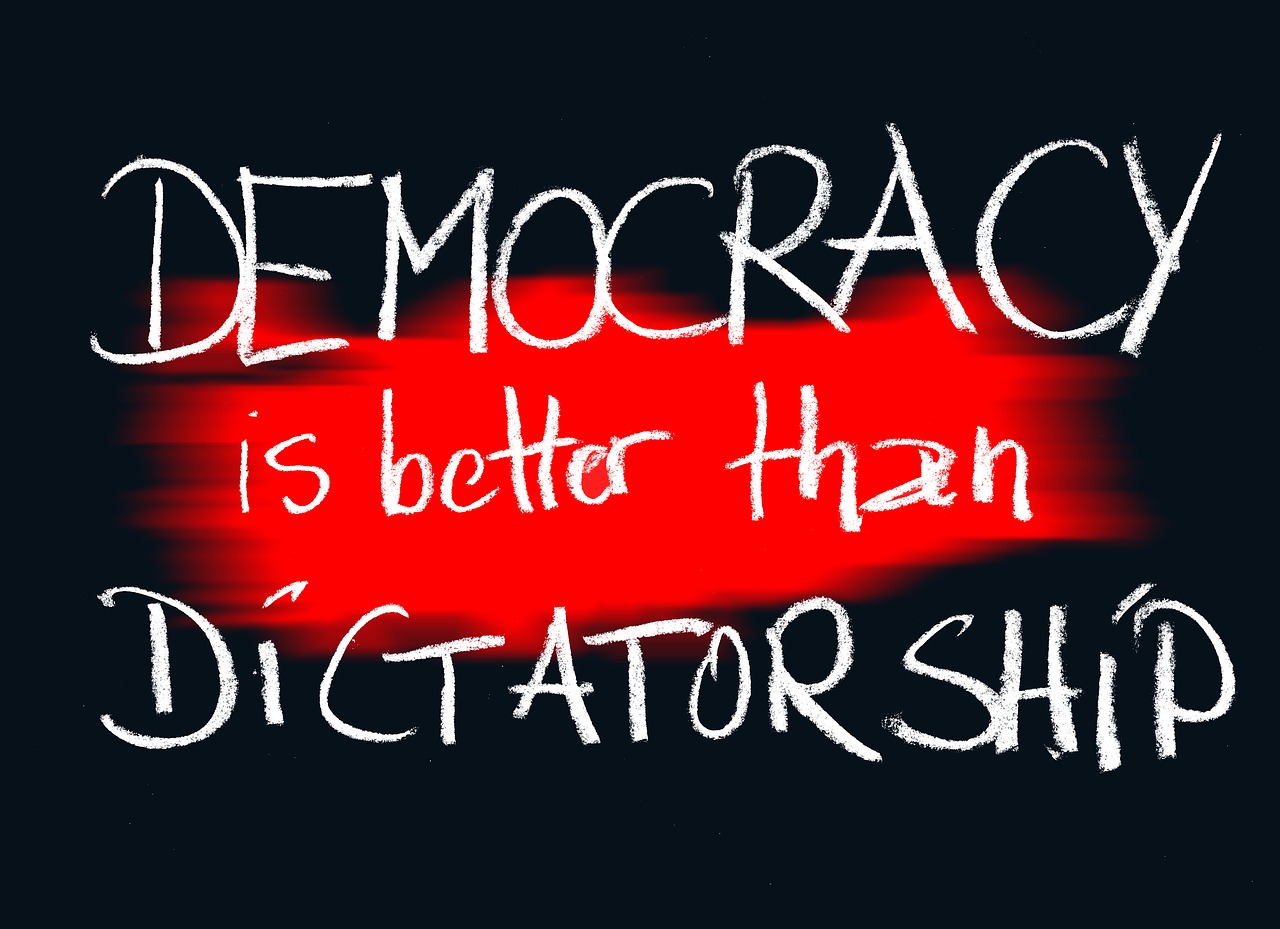Cracking the Young Global Leader Code: DICTATORSHIP DELIVERED
The Young Global Leaders (YGL) Program, an initiative of the World Economic Forum (WEF), is a unique multi-stakeholder community of exceptional young leaders who share a commitment to shaping the global future. The program was founded by Professor Klaus Schwab, who also established the WEF. The YGL program aims to cultivate a new generation of leaders who are not only accomplished in their respective fields but also committed to making a positive impact on society.

Critically Evaluating the YGL Program
The YGL Program has been successful in bringing together a diverse group of young leaders from various sectors and regions. It provides them with a platform to collaborate and contribute towards addressing global challenges. However, it’s essential to critically evaluate this program.
One critique is that the selection process for the YGL Program is not entirely transparent. While it’s stated that candidates are chosen based on their achievements, leadership potential, and commitment to making a difference, the specifics of how these factors are evaluated remain unclear. This lack of transparency can lead to perceptions of elitism or exclusivity.
Another critique is that while the program aims to foster global cooperation, it may inadvertently promote a form of soft power diplomacy that benefits more developed nations. The WEF and its initiatives, including the YGL Program, are often seen as platforms for western ideologies and economic models.
Citizen Strategies against the YGL Program
1. Advocacy for Transparency: Advocacy groups can push for more transparency in the selection process. This could include publishing detailed criteria and processes used in selecting participants.
2. Promoting Alternative Platforms: Encouraging alternative platforms that represent diverse ideologies and economic models can help counterbalance any perceived western bias in global leadership programs.
3. Encouraging Local Leadership Programs: Promoting local leadership programs can help nurture leaders who understand local contexts and challenges better.
Actions against the YGL Program
1. Public Awareness: Raising public awareness about the potential issues with the YGL Program can help stimulate debate and potentially lead to reforms.
2. Lobbying for Change: Stakeholders can lobby for changes in the program, such as more transparency in the selection process or greater representation of diverse ideologies.
3. Supporting Alternatives: By supporting alternative leadership programs, stakeholders can help create more balanced and inclusive platforms for global leadership development.
Conclusion and Recommendation
The YGL Program has undoubtedly made significant contributions to global leadership development. However, like any initiative, it’s not without its challenges and criticisms. It’s crucial that these are addressed to ensure that the program continues to be relevant and effective.
In conclusion, while it’s important to critically evaluate and challenge programs like the YGL, it’s equally important to acknowledge their contributions. The recommendation would be for stakeholders to engage constructively with such programs – advocating for transparency, promoting alternative platforms, and supporting local leadership initiatives. This approach will ensure a more balanced and inclusive global leadership landscape.
